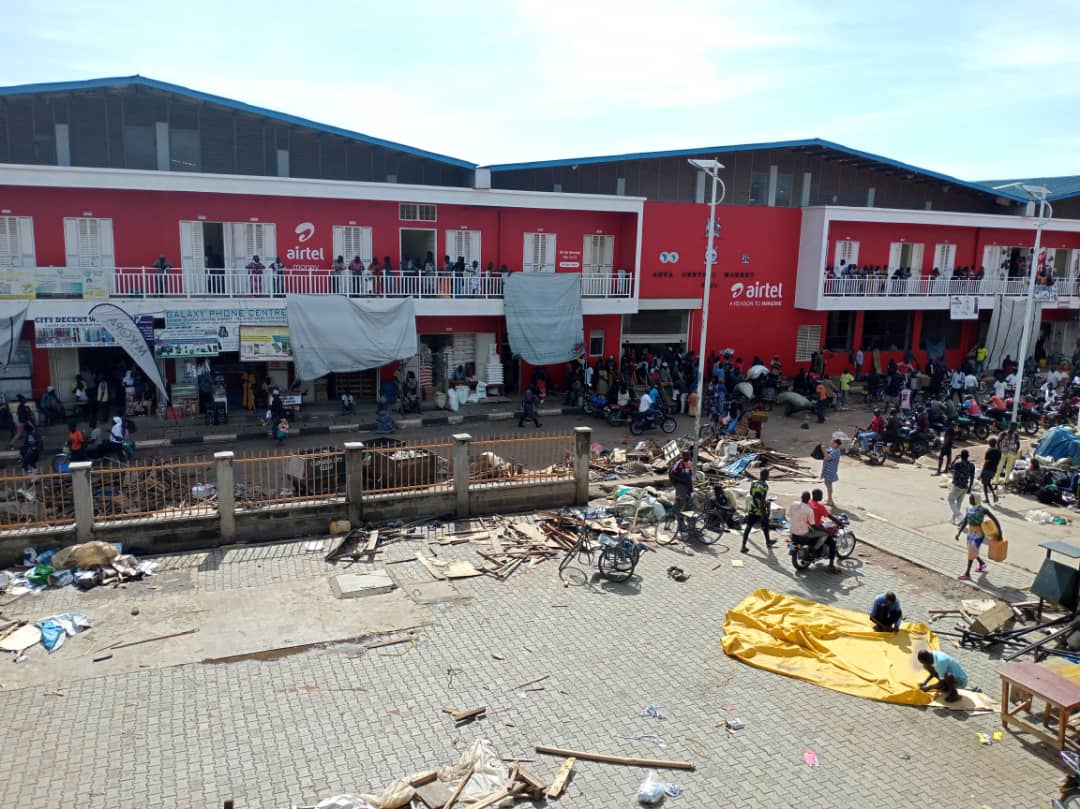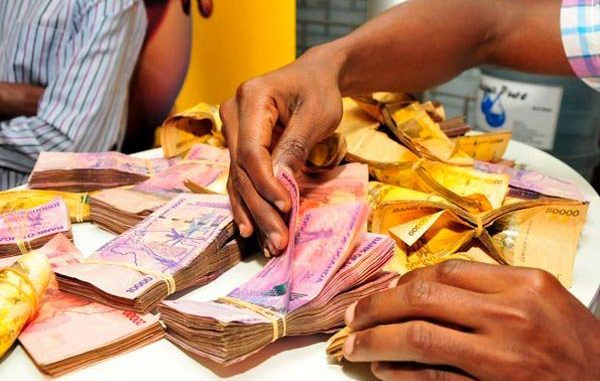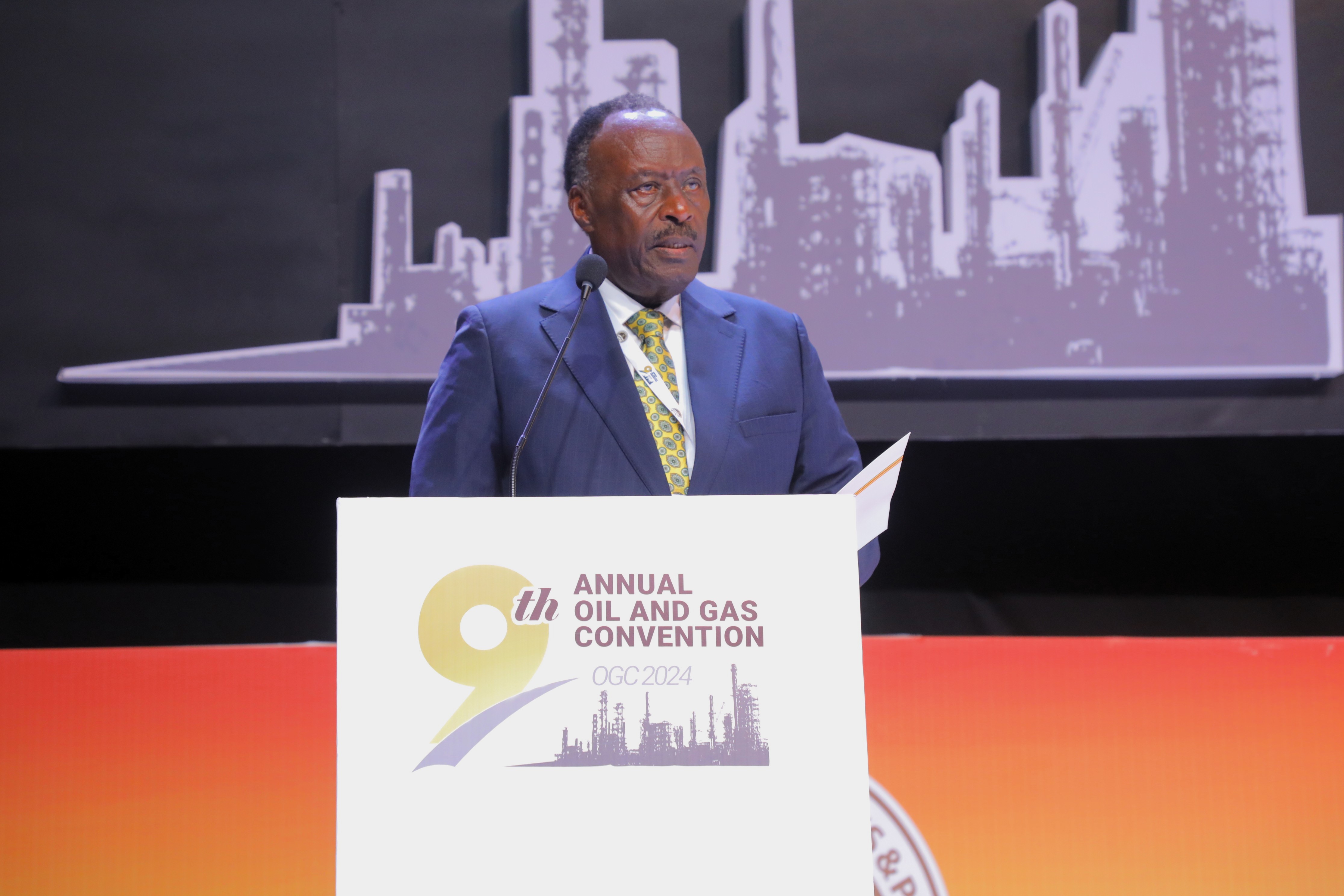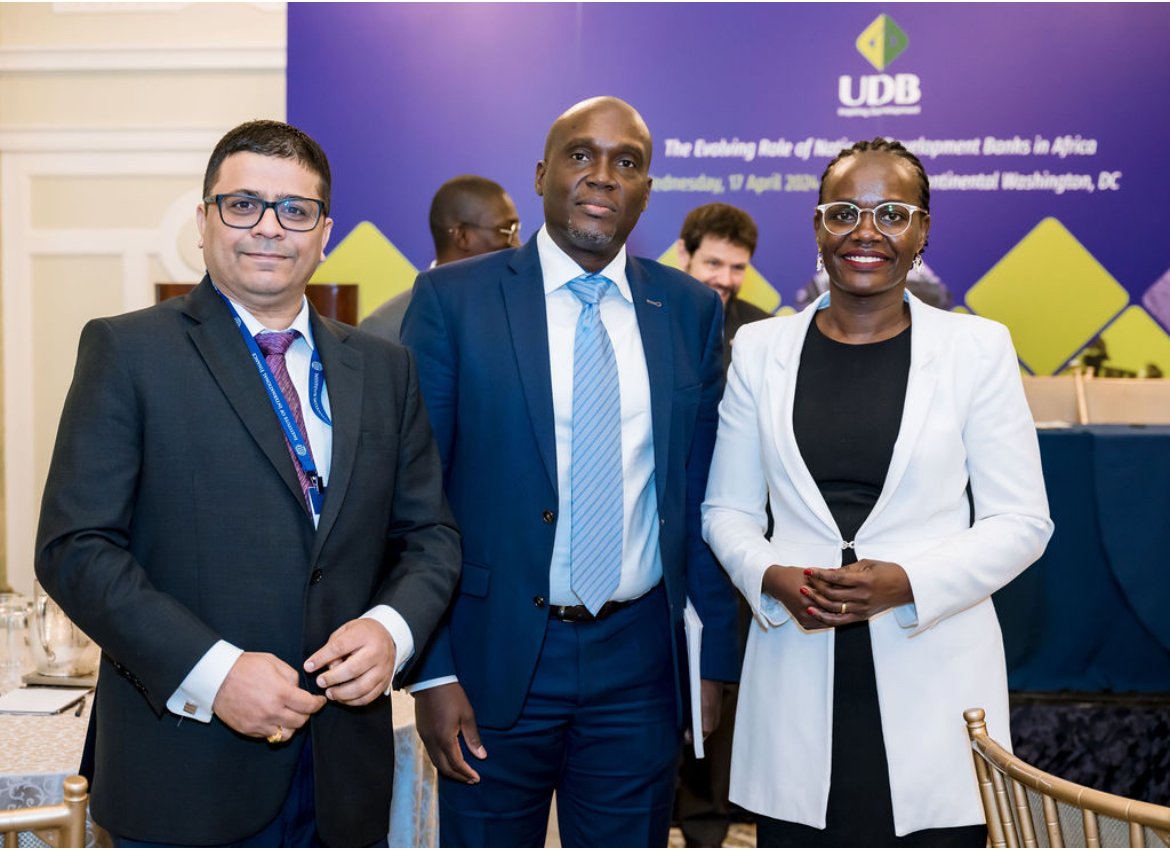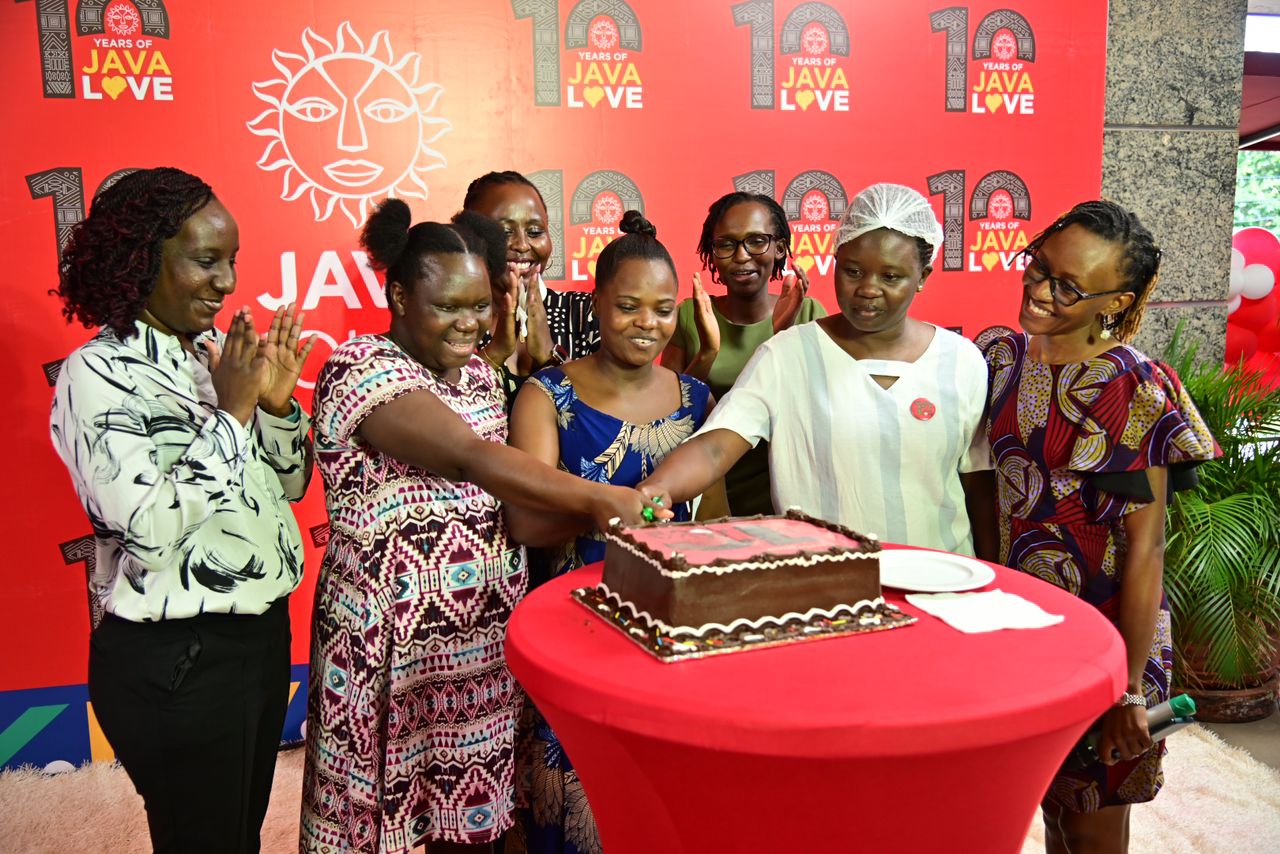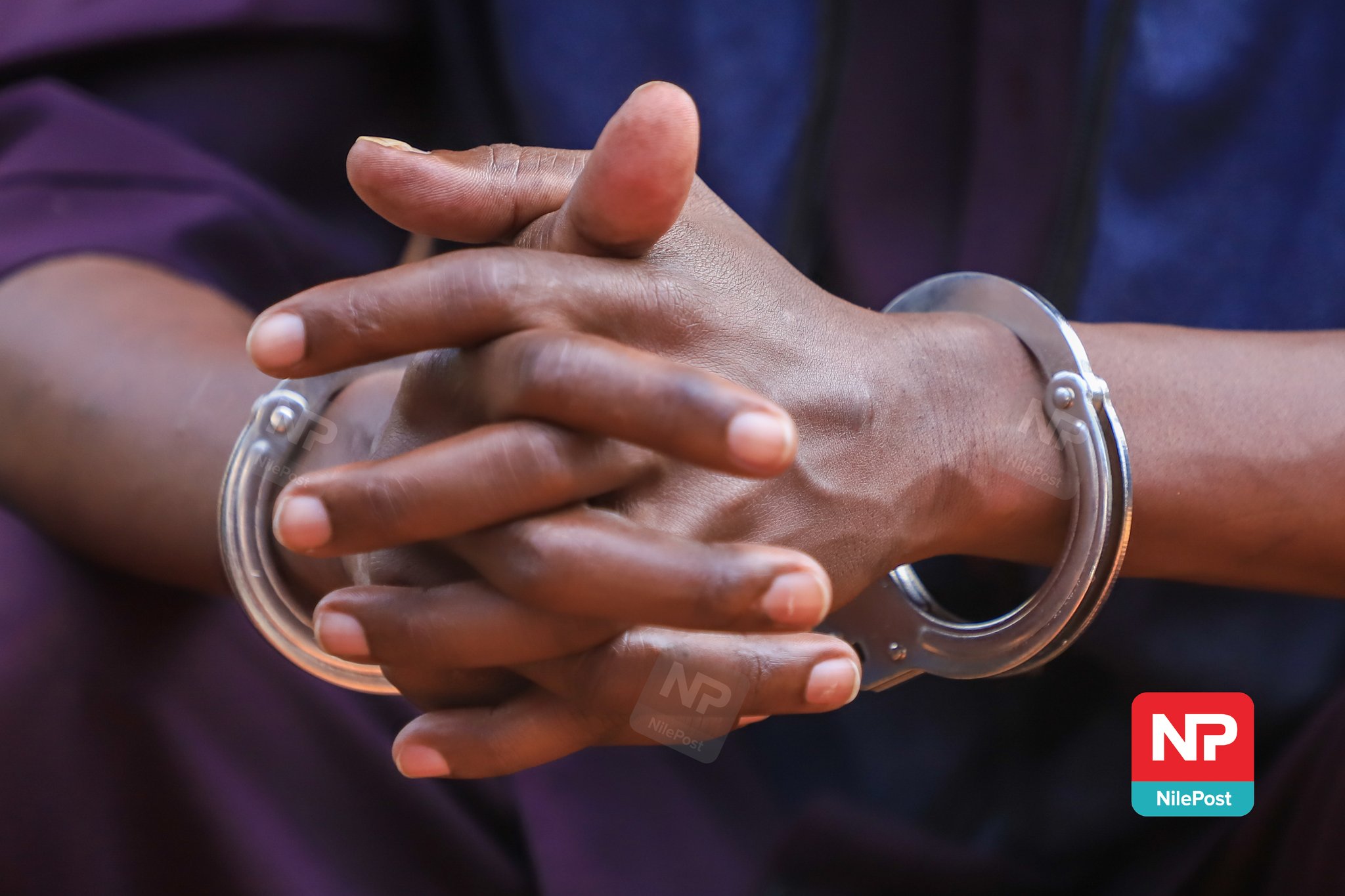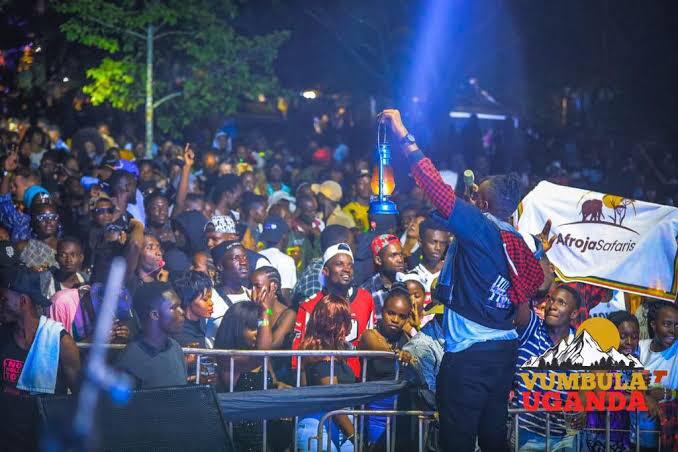DR Congo Celebrates New President, Keeps Sharp Eye on Ex
All eyes were on Felix Tshisekedi as he was sworn in as new president of the Democratic Republic of Congo on Thursday. And he knew it, taking an unscheduled break to leave the stage because he felt, as he said, exhausted by the long election campaign and the emotion of this occasion.
For the more than 80 million people of this vast, mineral rich nation, this was more than just pomp and ceremony. His swearing in on Thursday represents the first peaceful transition of power in six decades -- a historic occasion for a nation long beset by conflict, instability and rough-and-tumble, winner-takes-all politics.
But does it represent a real change? That depends who you ask.
Kabila's endorsement
On Wednesday, outgoing President Joseph Kabila, who has held power for 18 years, urged the nation to accept their new leader. "It is also symbolic of the growing crystallization of democratic culture in our country that the lucky elected official, the beneficiary of this historic alternation as the head of the state, came from the opposition party," he said on national television.
But Tshisekedi's election comes with great controversy -- he was declared the winner over objections by opposition candidate Martin Fayulu, who says he actually won the December poll. The influential Catholic Church backed that claim. Fayulu supporters protested earlier this week after his bid for a recount was rejected by the nation.
Now, as Tshisekedi takes the helm, his critics say they are want to see the new president step up. Pro-democracy activist Sylvain Saluseke, a member of the Lucha youth organization, watched the proceedings from the sidelines, in Johannesburg, as his activism has put him in self-imposed exile for nearly four years.
He said that while he's not entirely satisfied with how the poll played out, he has high hopes for Tshisekedi.
"I think he has an opportunity to express himself, at least to show -- he has shown in the past that he tends to be consensual, or listen to his base,as he calls it," he told VOA. "If that is how he is going to run the country, he will not only have to listen to as many people as possible, because people will try to control him, but I think he needs to be able to show us that he's a president that is able to take decisions and stand by them.
But Kabila, who will continue in politics as president of the Senate, may not be far behind. He will be Tshisekedi's biggest challenge, says analyst Stephanie Wolters of the Institute for Security Studies.
"He doesn't have to cede a whole lot of power," she told VOA. "He will become a senator, so he will be influential in the senate. He will still be the president of the largest coalition, political coalition, in the country, with a parliamentary majority, and a grip on the provincial assembly, the 26 provincial assemblies, and on those governors."
Saluseke agreed.
"We know that the elephant in the room is Kabila," he said. "Kabila was, Kabila hasn't left. And as long as Kabila is still in the country and still in the deal, he will still be controlling everything and that's how we are optimistic about the country, but about Felix Tshisekedi's presidency, he has work to do."



